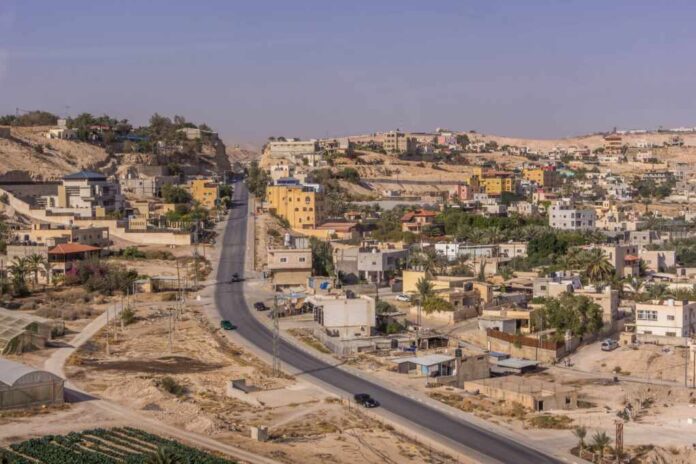
International watchdogs claim Israel’s latest military actions in the West Bank constitute war crimes, raising global concerns over human rights violations.
Story Summary
- Allegations of war crimes against Israel for displacing 32,000 refugees
- Massive home demolitions and infrastructure destruction verified
- Human Rights Watch and Amnesty International demand accountability
- International diplomatic tensions rise over Israel’s actions
Allegations of War Crimes in the West Bank
In 2025, Israeli military operations in the West Bank led to the forced displacement of over 32,000 Palestinians from the Jenin, Tulkarem, and Nur Shams refugee camps. Human rights organizations such as Amnesty International and Human Rights Watch have accused Israel of committing war crimes and crimes against humanity. These groups point to the widespread destruction of homes and infrastructure, alongside ongoing prevention of return for displaced residents, as clear violations of international law.
The Israeli government, however, defends its actions as necessary for national security and counterterrorism efforts, citing concerns over militant activities in these camps. Despite these justifications, independent organizations have verified the systematic destruction, making it the largest displacement in the region since 1967. The situation remains dire, with camps heavily militarized and residents unable to return or reclaim their properties.
Watch:
Historical Context and Recent Developments
The West Bank has been under Israeli occupation since the 1967 Six-Day War, and its history is marked by periodic military operations and the expansion of settlements. The recent escalation began in January 2025, targeting refugee camps for alleged militant activities. The operations expanded rapidly, resulting in mass demolitions and wide-scale displacement. By November 2025, Human Rights Watch and Amnesty International had published reports documenting alleged crimes against humanity.
These actions have intensified international condemnation and increased diplomatic tensions. However, the Israeli Defense Minister’s orders for long-term occupation of cleared camps suggest no immediate policy shift. Displaced residents face homelessness and loss of property, while humanitarian organizations struggle to meet the growing needs.
Israel accused of war crimes over expulsion of 32,000 refugees from West Bank camps https://t.co/NXAbXQoYaz
— maggiemay (@maggiem14931119) November 20, 2025
Implications for the Region and Beyond
The forced displacement and destruction in the West Bank have immediate and long-term implications. In the short term, there is a humanitarian crisis with thousands left without homes and essential services. The situation has also heightened regional tensions and led to international diplomatic fallout, particularly as some diplomatic delegations have been targeted during visits to the area.
In the long term, the militarization of refugee camps and the alteration of their demographics could lead to further instability and deepen mistrust between Israeli authorities and Palestinian communities. The economic, social, and political impacts are significant, with the potential for further escalation and regional instability. As the humanitarian aid sector faces increased demand, international legal and advocacy organizations continue to monitor and report on the situation.
Sources:
Amnesty International
Human Rights Watch
Politico

























